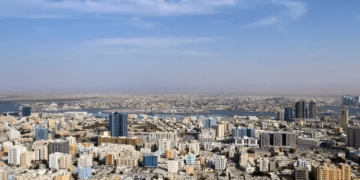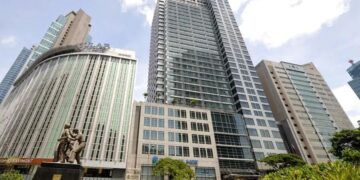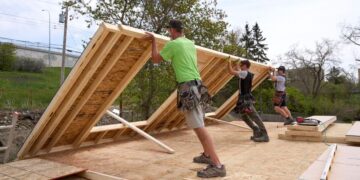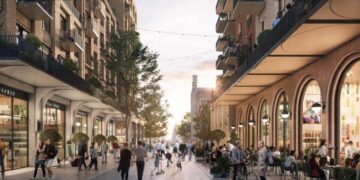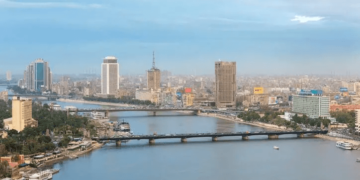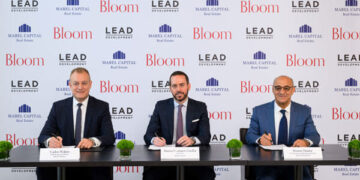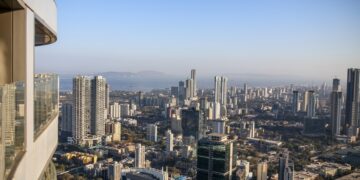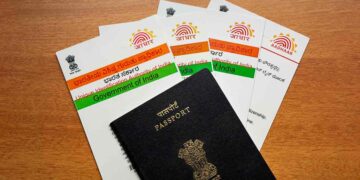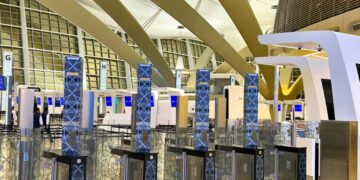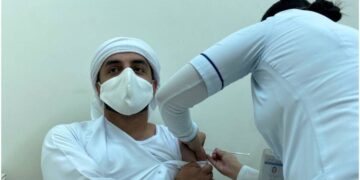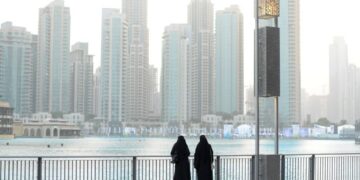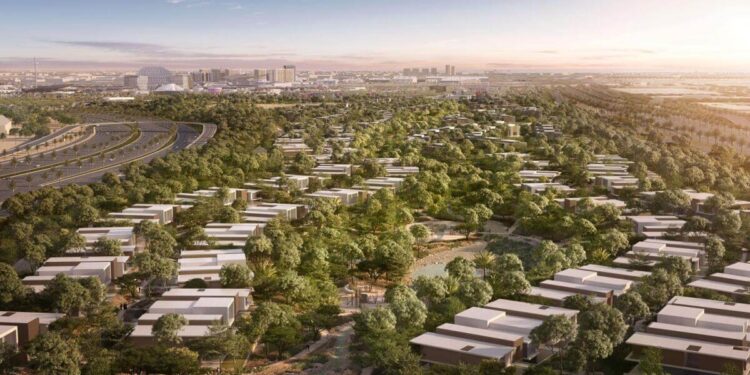Dubai’s house prices are expected to decrease at a slower speed this and the next year than previously thought as hopes for a successful vaccine rollout and an economic recovery increase confidence in the sector, a Reuters poll provided.
After decreasing 3.5 percent in the first quarter of 2020, Dubai property costs have shown marks of stability. They decreased a much lower 0.9 percent year-on-year in the third quarter after hardly changing in the second quarter, United Arab Emirates central bank data provided.
The January 13-28 poll of 11 property market analysts found Dubai house costs would decrease 2 percent this year, a provided increment from September analysis that predicted downfall of 5.1 percent. It was predicted to fall the same year.
“While multiple factors are at play, an economic recovery and a successful vaccine rollout stand out as key drivers for the real estate sector, both of which will boost confidence in the market,” said Aditi Gouri, head of strategic consulting and research at Cavendish Maxwell in Dubai.
After a projected 6.2% contraction the previous year, Dubai’s economy, the Middle East trade, and tourism hub, was predicted to grow 4.0 percent in 2021, the government has reported, largely driven by measures to help decrease the impact of the pandemic.
When questioned what would be the primary driver of housing market activity this year, nine property analysts provided a successful vaccine rollout and an economic recovery. One provided stimulus and another said monetary policy.
“With the vaccine now coming in across most countries, the significant negative impact of Covid-19 is gradually going to fade away. Various government initiatives taken over the last year to spur growth will eventually bear fruit in 2021,” said Anuj Puri, chairman of ANAROCK Property Consultants.
On an affordability meter of 1 to 10, where 1 is very cheap and 10 is highly expensive, Dubai house costs were rated 4 the minimum since polling began in August 2019.
Many analysts who answered another additional question, said the risk was low that renewal in COVID-19 would crash the housing market.




















